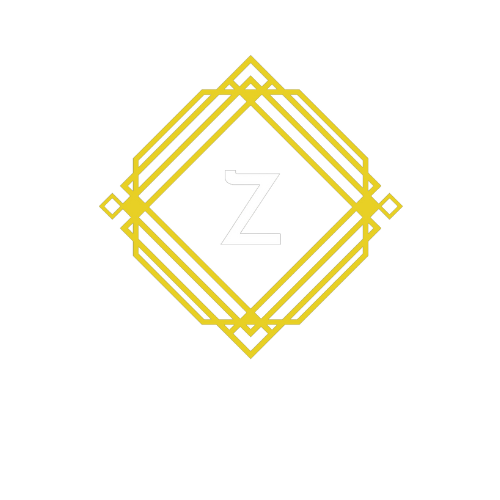Healthcare Powers of Attorney and Advanced Directives

In my most recent post, I gave a high-level overview of estate planning. This post is the first in a series that will cover individual topics within estate planning. I begin by discussing Healthcare Powers of Attorney (HPOAs) and Advanced Directives (ADs). I am covering these topics first because often times people think of Wills when it comes to estate planning. However, in my opinion, HPOAs and ADs are maybe even more critical than other estate planning documents. Furthermore, I will be covering both of these together instead of separately because I believe they go hand-in-hand with each other. Without further ado, let’s jump in!
Healthcare Power of Attorney
What It Is
A Healthcare Power of Attorney is a legal document that gives someone else the ability to make decisions regarding your healthcare (this person is called your “healthcare agent”). HPOAs most often are written to take effect when a doctor (whom you can name in your HPOA) decides that you cannot make these decisions for yourself. HPOAs can cover physical health, mental health, or both.
Why It Is Important
A Healthcare Power of Attorney is essential because, without one, problems can arise if you become incapacitated and cannot make decisions for yourself. For example, if you were to have an accident or to fall ill that results in your unconsciousness or inability to communicate with your doctor. There may be several options to help you regain consciousness or communicative capabilities, but there may be some significant risks in your doctor’s treatment plan, such as side effects from drugs or a risky procedure. Because you are unconscious, the doctor must ask someone else’s permission to continue with your treatment plan. Without an HPOA, the doctor must first determine who shall make these decisions for you based on state law as well as hospital policy. Sometimes the person making these decisions can be so emotionally burdened that they cannot make a well thought out decision. Another possibility is that multiple people may be asked to make these decisions, further complicating the process. This scenario can cause stress and heartache for your loved ones.
Now think about that same situation, but now you have executed an HPOA. With the HPOA in place, the doctor knows who to discuss your medical information with and who has the power to make these crucial healthcare decisions for you. Furthermore, because YOU have chosen the single person to make these decisions, your loved ones are saved from the heartache and stress of trying to figure out what decision to make and who has the final say. Ultimately, in this unfortunate situation, having an HPOA saves everyone heartache, and stress by YOU having made it clear who has the power to make decisions regarding your healthcare.
How to Create One
In North Carolina, you can create your own Healthcare Power of Attorney without consulting an attorney. However, by doing so, you risk not considering every possibility that an attorney will walk you through. Furthermore, if you want an HPOA tailored to your specific wishes, an attorney can put in specific limiting language that even further directs your doctors and the person you choose as your healthcare agent. Finally, having an attorney draft your HPOA allows you to have peace of mind that your HPOA has been properly created by a trained professional.
Advanced Directive
What It Is
An Advanced Directive, sometimes called a “Living Will,” is a legal document that gives directions about when and if to use life-prolonging measures (artificial hydration/nutrition or ventilator support) when you cannot make such decisions for yourself. Having an AD gives doctors clear guidance on how to proceed at the end of your life. Furthermore, an AD allows you to choose to donate your organs or have your body donated to science.
Why It Is Important
Think about the scenario I gave when discussing HPOAs, but now you are at the end of your life, and there is virtually no chance that you can recover. Even with an HPOA, deciding whether to end or sustain life-prolonging measures can be stressful and heartbreaking. However, with an AD in place, YOU have already decided what you want so no one else must. This directive saves your family and your healthcare agent from the stressful, painful decision of whether to prolong your life or not.
How to Create One
Once again, in North Carolina, you can create your own Advanced Directive. However, it is advisable to consult with an attorney to create your AD, especially if you want to specify when and when not to prolong your life. An attorney can make sure the language is clear and unambiguous for doctors in a way that untrained individuals cannot, saving time and confusion.
Many people also choose to submit their AD with the North Carolina Secretary of State’s Health Care Registry. This allows doctors across the state to access your AHD should you be at the end of your life. While this can be beneficial, it is not necessary.
Conclusion
As you can see, having both a Healthcare Power of Attorney and an Advanced Directive saves time, stress, and heartache for you, your doctors, and, most importantly, your loved ones. That is why I believe that these two parts of a complete Estate Plan are the most important. If you have any questions about Healthcare Powers of Attorney or Advanced Directives, or if you would like to discuss having your HPOA and AD created, schedule a time to talk with me.
